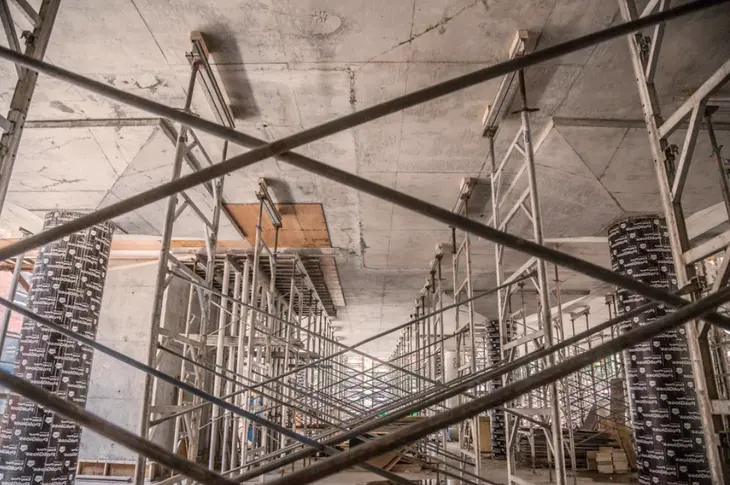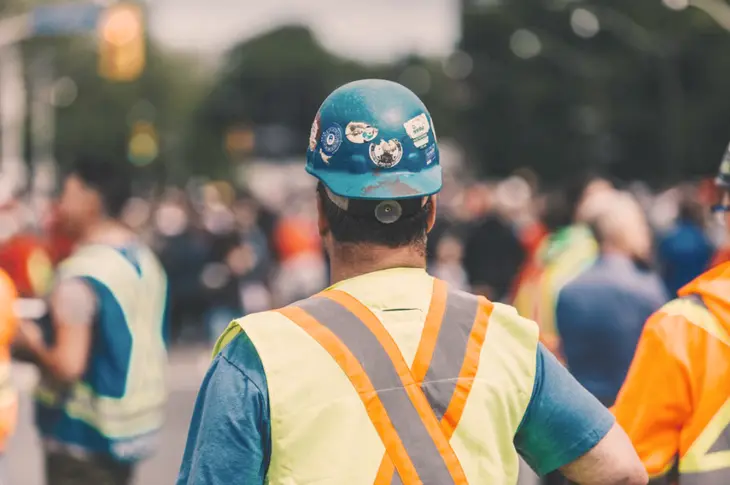
The Role of Artificial Intelligence in Construction: Transforming the Building Industry
- Admin
Artificial intelligence (AI) is revolutionizing various industries, and construction is no exception. In this article, we delve into the role of AI in construction, exploring its applications, benefits, and the transformative impact it has on the building industry.
1. Predictive Analytics and Risk Management
AI algorithms analyze vast amounts of data to identify patterns, trends, and potential risks in construction projects. By leveraging historical project data, weather forecasts, supply chain information, and other relevant data sources, AI can provide predictive analytics to optimize project planning, scheduling, and resource allocation. This proactive approach to risk management helps construction companies anticipate and mitigate potential delays, cost overruns, and safety hazards, leading to more efficient and successful project outcomes.
2. Building Information Modeling (BIM) Optimization
AI enhances Building Information Modeling (BIM) by automating repetitive tasks, generating accurate 3D models, and improving design coordination and clash detection. AI-powered BIM software analyzes architectural drawings, structural models, and MEP (mechanical, electrical, plumbing) systems to identify clashes, conflicts, and inefficiencies in design, allowing architects, engineers, and contractors to resolve issues before construction begins. Additionally, AI algorithms optimize building designs for energy efficiency, sustainability, and occupant comfort, aligning with green building principles and regulatory requirements.
3. Construction Robotics and Automation
AI-driven robotics and automation technologies are transforming construction site operations, increasing productivity, and improving safety. Construction robots equipped with AI capabilities perform tasks such as bricklaying, concrete pouring, and demolition with precision and efficiency, reducing labor costs and construction timelines. Furthermore, autonomous drones and unmanned aerial vehicles (UAVs) equipped with AI-enabled sensors and cameras conduct site surveys, progress monitoring, and safety inspections, providing real-time data and insights to project stakeholders.
4. Smart Construction Equipment and Machinery
AI enhances the performance and efficiency of construction equipment and machinery through predictive maintenance, autonomous operation, and data-driven optimization. AI algorithms analyze equipment sensor data to predict potential failures, schedule maintenance tasks, and minimize downtime. Additionally, AI-enabled construction machinery, such as excavators, cranes, and bulldozers, utilize machine learning algorithms to optimize performance, reduce fuel consumption, and improve safety on construction sites. These smart technologies enhance operational efficiency, reduce costs, and ensure the timely completion of construction projects.
5. On-Site Safety and Risk Mitigation
AI-powered solutions enhance on-site safety by identifying and mitigating potential hazards and risks in real-time. Computer vision technology, coupled with AI algorithms, analyzes video feeds from on-site cameras to detect unsafe behaviors, such as workers not wearing personal protective equipment (PPE), unauthorized access to restricted areas, and potential accidents. AI-driven wearable devices and IoT sensors monitor workers' vital signs, movements, and environmental conditions to prevent accidents and ensure compliance with safety protocols. By prioritizing safety through AI-enabled solutions, construction companies create safer work environments and reduce the risk of accidents and injuries.
Conclusion
Artificial intelligence is reshaping the construction industry by optimizing project planning, enhancing design coordination, automating construction site operations, and improving on-site safety. As AI technologies continue to advance and become more accessible, construction companies that embrace AI-driven solutions gain a competitive edge in efficiency, productivity, and project outcomes. By harnessing the power of AI, the construction industry can navigate challenges, adapt to evolving demands, and drive innovation towards a smarter, more sustainable built environment.
